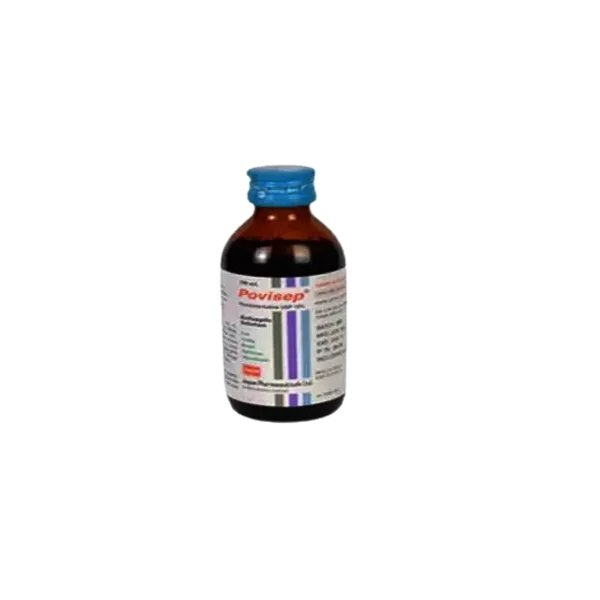Description
রেজিস্টার্ড চিকিৎসকের পরামর্শ মোতাবেক ঔষধ সেবন করুন*
Indications:
-
Vitamin B6 (pyridoxine) deficiency
-
Isoniazid or hydralazine-induced peripheral neuropathy
-
Supportive therapy in pregnancy-related nausea
-
Sideroblastic anemia
-
Homocystinuria
-
Nerve pain and neurological disorders
Pharmacology:
Pyridoxine (vitamin B6) plays a key role in amino acid metabolism, neurotransmitter synthesis (like serotonin, dopamine), and red blood cell production. It helps maintain healthy nerve function and is essential in several enzymatic reactions in the body.
Dosage:
-
Adults: 25–100 mg per day or as directed by a physician
-
Dosage depends on the condition being treated
Administration:
-
For oral use only
-
Take after food with water
-
Do not crush or chew unless advised
Interaction:
-
May reduce the efficacy of levodopa when used without carbidopa
-
Isoniazid, penicillamine, and hydralazine can increase the body's need for pyridoxine
Contraindications:
-
Known hypersensitivity to pyridoxine
-
Avoid high doses unless prescribed, especially in long-term use
Side Effects:
-
Generally safe at recommended doses
-
Rare: headache, drowsiness, mild nausea
-
High doses over time may lead to sensory neuropathy
Pregnancy & Lactation:
-
Safe in recommended doses
-
Commonly used in early pregnancy for nausea, under medical advice
Precautions & Warnings:
-
Avoid excessive or prolonged use without monitoring
-
Patients with kidney impairment should use with caution
-
Monitor for signs of neuropathy in long-term use
Therapeutic Class:
Vitamin-B complex preparations
Storage Conditions:
-
Store below 25°C in a dry place
-
Protect from moisture and direct light
-
Keep out of reach of children






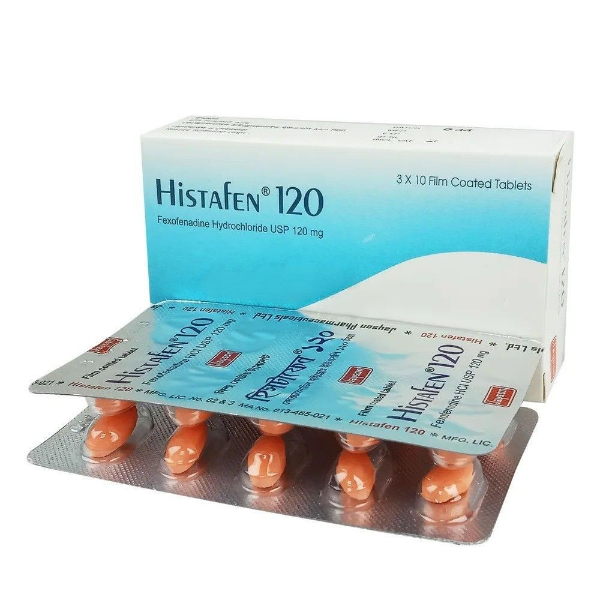

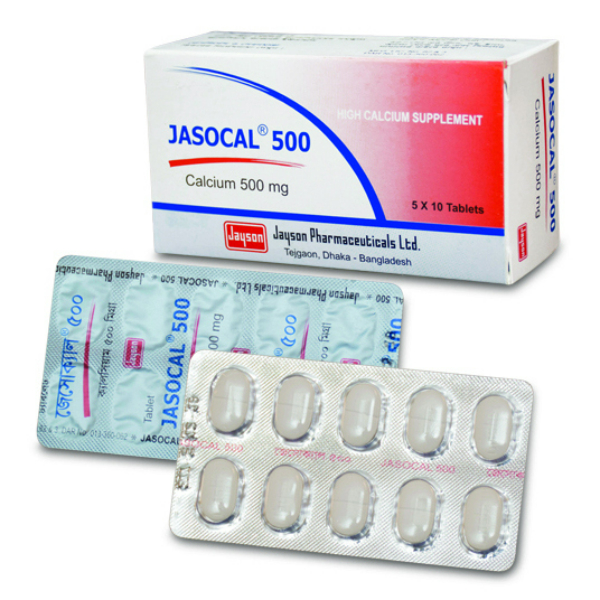

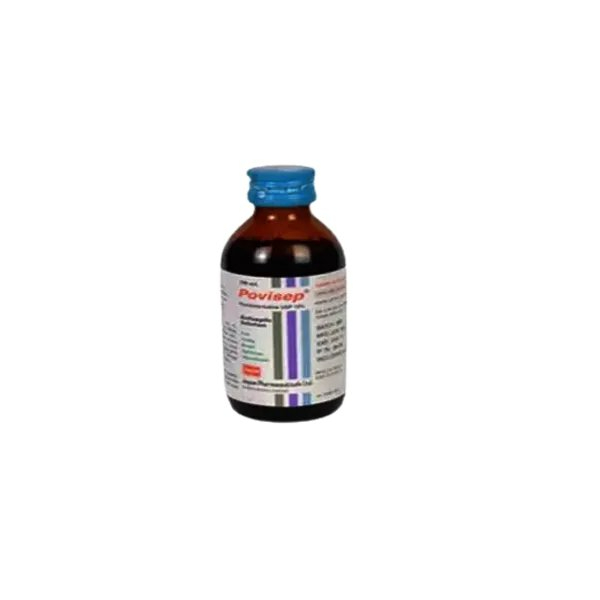

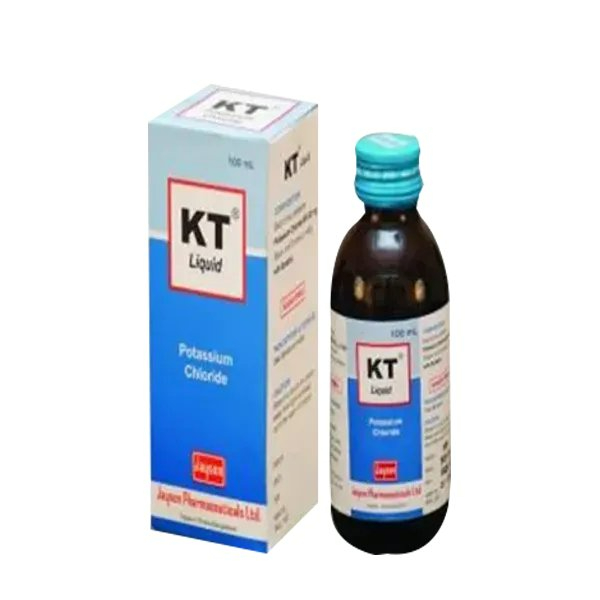

.jpg)
